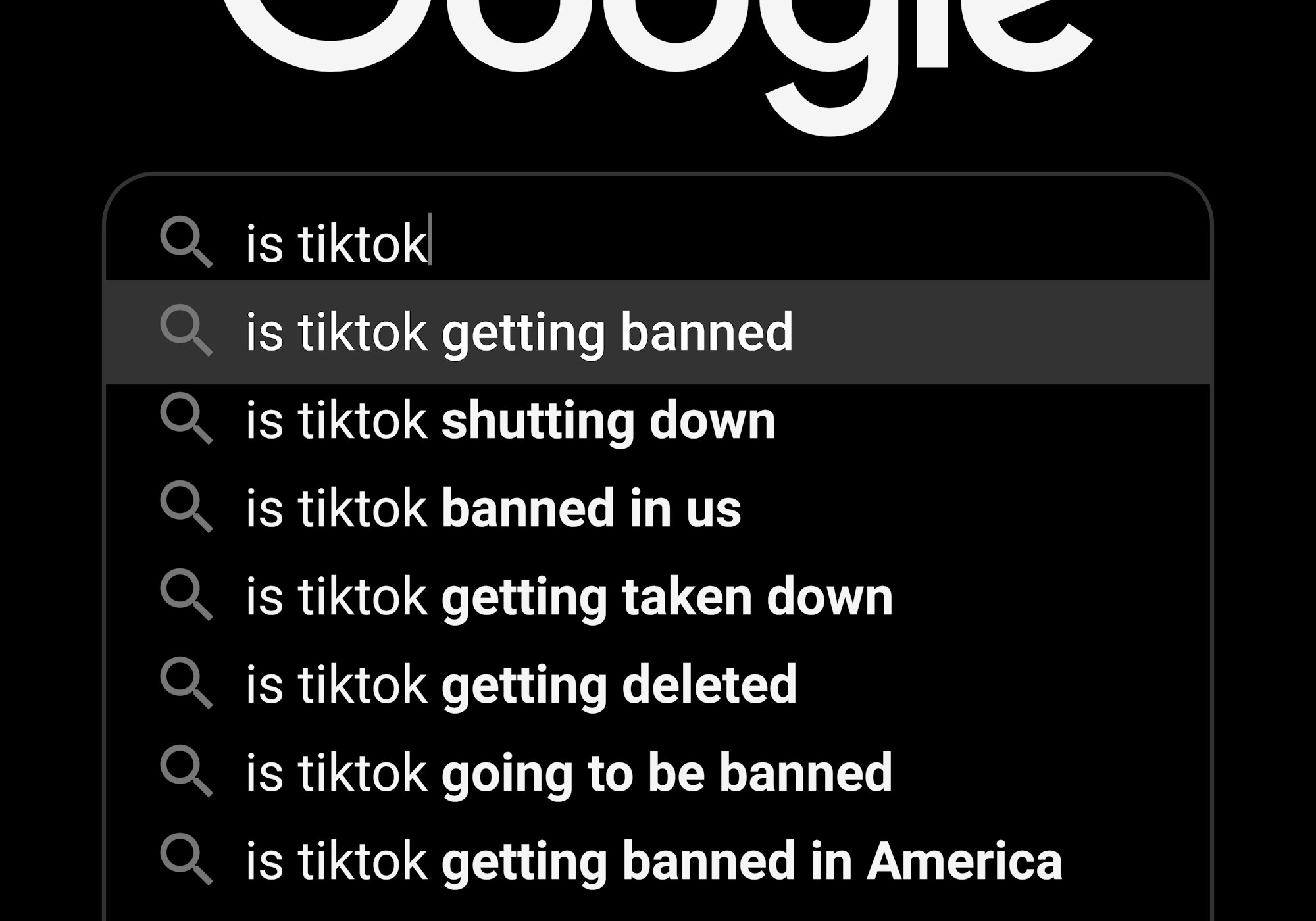Every time we click "I agree" or accept cookies, we give digital consent. But how often do we truly understand what that means? In a world where our data is constantly collected, processed, and shared, digital consent is more than a formality- it’s a legal and ethical cornerstone of online life, especially for students.
What Is Digital Consent?
Digital consent refers to the permission you give for your personal data to be collected, stored, and used, typically governed in the UK by the UK GDPR and the Data Protection Act 2018. It’s meant to be informed, specific, freely given, and revocable. Yet, in practice, this is rarely the case.
The Illusion of Choice
Most digital consent mechanisms involve dense privacy policies or cookie pop-ups. These are often filled with legal jargon and hidden behind default settings designed to encourage quick acceptance. This is known as "consent fatigue", where users, overwhelmed by frequent requests, simply click through without reading.
Many platforms use design strategies known as "dark patterns" to nudge users toward agreement. For example, the "Accept" button might be bright and prominent, while the "Manage Settings" option is smaller or hidden.
Underpinning many of these cookie pop-ups is the Privacy and Electronic Communications Regulations (PECR) 2003, a UK law designed to safeguard individuals’ privacy in digital communications. PECR requires that users give informed consent before non-essential cookies are placed on their devices. However, in practice, this consent is often undermined by design strategies that create the illusion of choice. Users are frequently presented with interface designs where the “Accept All” option is bright and prominent, while the “Reject” or “Manage Settings” buttons are buried or less visible. This use of dark patterns exploits human behavior to encourage quick compliance rather than meaningful engagement, ultimately compromising the spirit of the law. Though PECR aims to protect user autonomy, these manipulative tactics raise serious questions about whether digital consent is truly being given, or simply assumed.
Why It Matters to Students
Students engage with countless digital platforms: university portals, lecture capture tools, plagiarism checkers, health and wellbeing apps, and social media. Most of these services require some form of data sharing. But:
- Do you know how long your data is kept?
- Who has access to it?
- Can it be sold or shared with third parties?
In academic settings, students may feel compelled to consent to platforms just to access basic services, raising ethical concerns about whether consent is truly "freely given."
Your Rights Under UK Law
Students have several digital rights, including:
- The right to access their personal data.
- The right to withdraw consent at any time.
- The right to be forgotten.
- The right to object to certain types of data processing, including profiling.
These rights empower students—but only if they know they exist and how to use them.
Making Smarter Digital Choices
While it's hard to avoid all data collection, students can take steps to stay informed:
- Skim privacy policies for key terms: third-party sharing, retention period, and opt-out options.
- Use browser extensions that flag tracking scripts or block third-party cookies.
- Regularly review app permissions on phones and devices.
- Ask your university for clarity on how your data is used, especially for academic tools.
Conclusion
Digital consent isn't just about clicking "yes." It's about understanding your digital footprint and making informed decisions about your personal information. As students increasingly live and learn online, knowing what you're really agreeing to is a vital part of digital literacy.
Sources to Cite:
- Information Commissioner's Office (ICO), "What is Consent?" https://ico.org.uk/for-organisations/guide-to-data-protection/guide-to-the-general-data-protection-regulation-gdpr/consent/
- Which? Consumer Rights, "Dark Patterns: What Are They and Why Do They Matter?" https://www.which.co.uk/news/article/what-are-dark-patterns-aXkYG4v9k9rI
- Open Rights Group, "Your Data Rights Under UK GDPR" https://www.openrightsgroup.org/
- Privacy International, "Consent is Broken" Report https://privacyinternational.org
- UK GDPR, Data Protection Act 2018 https://www.legislation.gov.uk/ukpga/2018/12/contents/enacted







